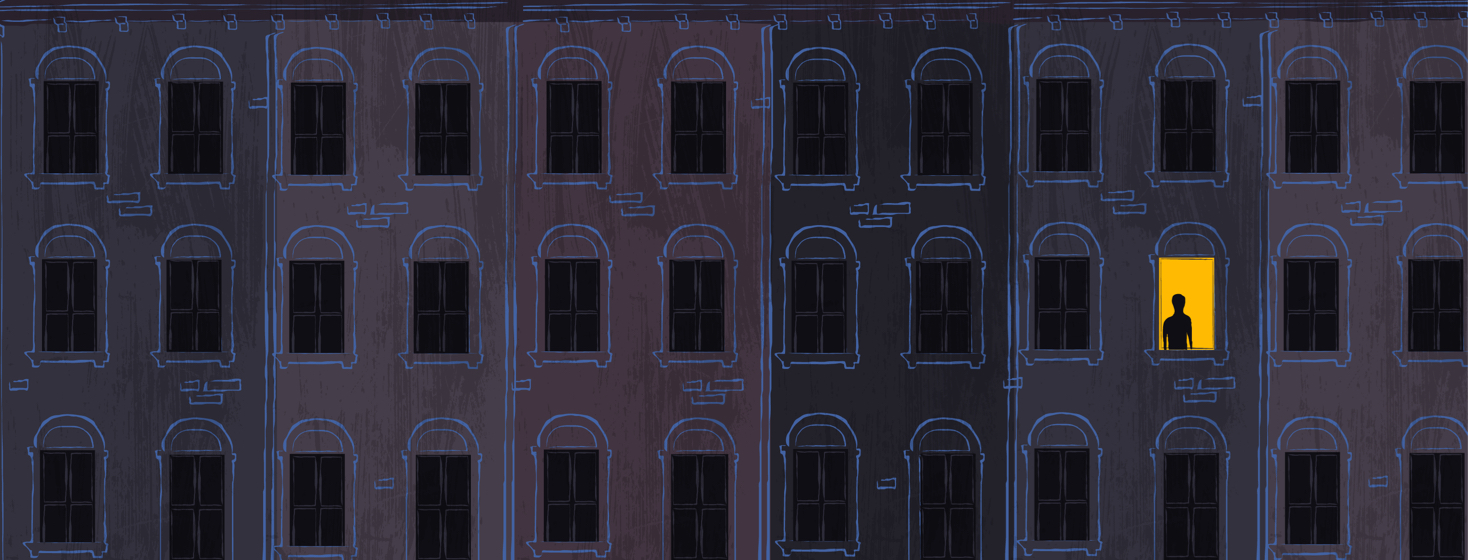Eczema: A Sleep Depriver
As humans, we have many essential needs that are pertinent to our physical, mental, and behavioral health. These needs are important contributing factors in our growth and development or lack thereof. Sleep is one of our most vital needs. Sleep helps us grow and function. It invigorates our bodies to help us meet our daily wants and needs. Sleep is essential to our focus, attention, and learning. Sleep also gives our bodies and brains the energy they need to develop, grow, and keep us healthy. Sleep also builds our immunity and helps us fight germs and contagious ailments and illnesses.
What issues does sleep deprivation cause?
Given how essential sleep is to our holistic health, sleep deprivation can be detrimental and damaging to our bodies. It can cause us issues with focus, health, growth, etc. Sleep deprivation can be caused by a number of things from stress to diet to our daily routines. It can weaken our bodies and decrease our abilities to fight germs.
How does it happen?
Most people wake up throughout the night. Some people only wake up for an instant or two and go right back to sleep. Others are fortunate enough to not remember waking up thus not "feeling" or "experiencing" missing the sleep they lost. But some people wake up frequently, which results in sleep deprivation.
How does eczema keep us up at night?
People wake up for a number of reasons such as restroom needs, health issues, sleep positions. Atopic dermatitis is one of many health issues that cause or contribute to sleep deprivation for some. Itching, scratching and skin aggravation and irritation can result in difficulty falling asleep or cause people with atopic dermatitis to wake up frequently during the night. Getting a good night's sleep when your body is uncomfortable or irritated can prove to be a great challenge. Atopic dermatitis can literally be exhausting. Skin feeling dry can also be unsettling and make sleeping more difficult. Additionally, unconsciously scratching can cause bleeding and greater irritation which can heighten sleep depravity.
What about babies and children?
Infants, babies, and young children with atopic dermatitis can struggle more with sleeping as they struggle more with coping mechanisms and impulse/reflex control. The itching and discomfort caused by atopic dermatitis may be harder for them to ignore or sleep through. They may also be hypersensitive to the skin aggravation if it's a new experience for them which can, in turn, cause them to be more disturbed and inconvenienced by atopic dermatitis.
How is it a vicious cycle?
Sleep deprivation caused by atopic dermatitis can have a snowball effect. Atopic dermatitis can cause scratching and loss of sleep. Scratching and touching the flare-up can cause it to flare up worse which in turn can perpetuate the cycle of sleep deprivation and atopic dermatitis irritation. Loss of sleep can make it harder for people to fight and control their impulses and for the body to be healthy which in turn can further serve to perpetuate that cycle.

Join the conversation